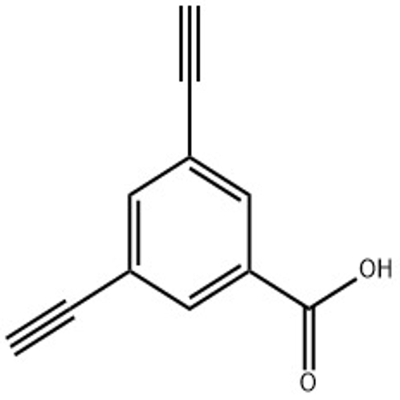-
Categories
-
Pharmaceutical Intermediates
-
Active Pharmaceutical Ingredients
-
Food Additives
- Industrial Coatings
- Agrochemicals
- Dyes and Pigments
- Surfactant
- Flavors and Fragrances
- Chemical Reagents
- Catalyst and Auxiliary
- Natural Products
- Inorganic Chemistry
-
Organic Chemistry
-
Biochemical Engineering
- Analytical Chemistry
-
Cosmetic Ingredient
- Water Treatment Chemical
-
Pharmaceutical Intermediates
Promotion
ECHEMI Mall
Wholesale
Weekly Price
Exhibition
News
-
Trade Service
5-Fluoro-2-methoxy-pyridine-4-boronic acid, commonly referred to as FMB, is a synthetic chemical compound that has gained attention in recent years due to its potential therapeutic applications.
FMB is classified as a boronic acid, a type of organoboron compound that is commonly used in medicinal chemistry research.
However, as with any chemical compound, the use of FMB in the chemical industry requires careful consideration of its safety and potential risks.
One of the primary concerns with FMB is its toxicity.
Until recently, there was limited information available on the toxic effects of FMB, making it difficult for researchers to fully assess its safety.
However, studies conducted in recent years have raised concerns about the potential for FMB to cause reproductive and developmental toxicity.
In one study published in the journal Environmental Health Perspectives, researchers found that high doses of FMB caused developmental toxicity in rat offspring, including skeletal abnormalities and decreased body weight.
Another study published in the Journal of Toxicology found that exposure to FMB during pregnancy was associated with decreased fetal weight and altered testicular development in the offspring.
These findings are concerning because of the potential for FMB to be used in a variety of industrial applications, including the production of chemicals and pharmaceuticals.
It is important that industrial workers who handle FMB are aware of the potential health risks associated with its use, and take appropriate precautions to protect themselves and the environment.
Another concern with FMB is its potential to cause skin irritation and allergic reactions.
Boronic acids, including FMB, are known to be irritating to the skin and can cause allergic reactions in some people.
In addition, FMB may cause eye irritation, respiratory tract irritation, and gastrointestinal disturbances.
To minimize these risks, industrial workers who handle FMB should wear appropriate protective gear, including gloves and eye protection.
In addition, the use of FMB should be limited to designated areas to minimize the potential for exposure to the chemical.
Finally, the disposal of FMB is a concern for the environment.
Boronic acids are not easily degraded in the environment, and can persist in soil and water for long periods of time.
As such, it is important to follow proper disposal procedures to minimize the potential for environmental pollution.
In conclusion, 5-Fluoro-2-methoxy-pyridine-4-boronic acid (FMB) is a potential therapeutic compound with a wide range of industrial applications.
However, its use in the chemical industry requires careful consideration of its potential risks and safety concerns.
To minimize the risks associated with FMB, industrial workers should take appropriate precautions, including the use of protective gear and proper disposal procedures.
Additionally, further research is needed to fully understand the toxic and reproductive effects of FMB, to ensure its safe use in the chemical industry.







